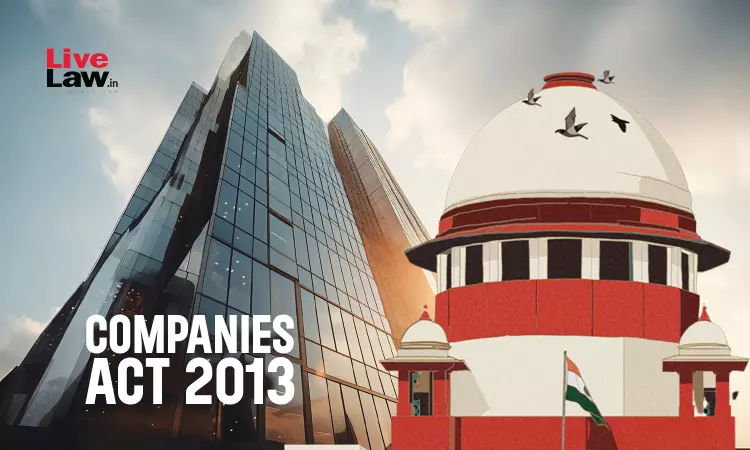The Supreme Court in a recent judgment held that Company Law Tribunals can exercise powers of rectification of the register of members under Companies Act 2013 if the applicant was a victim of an 'open-and-shut' case of fraud by his opponents.The bench of Justices Sanjiv Khanna and Sanjay Kumar also explained the concept of 'rectification' and held that company courts should carefully...

